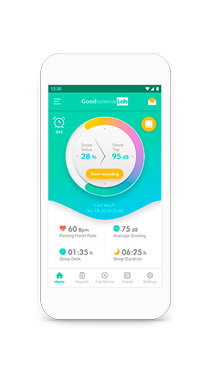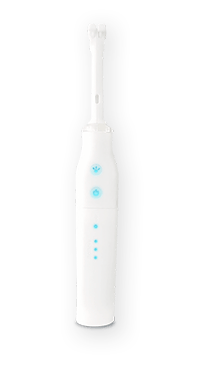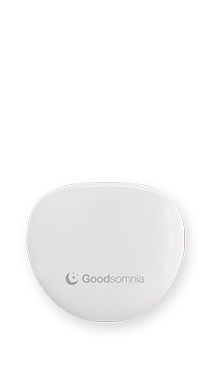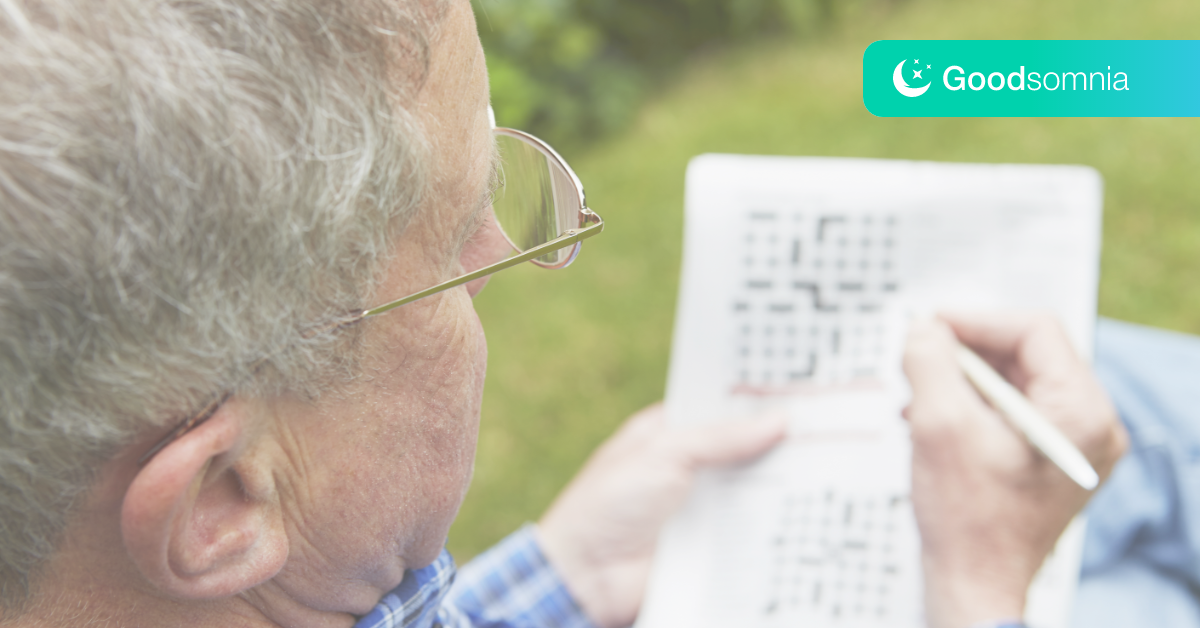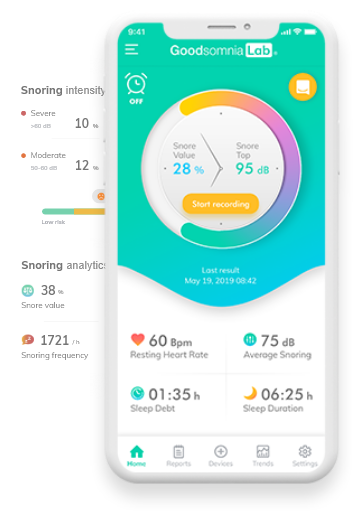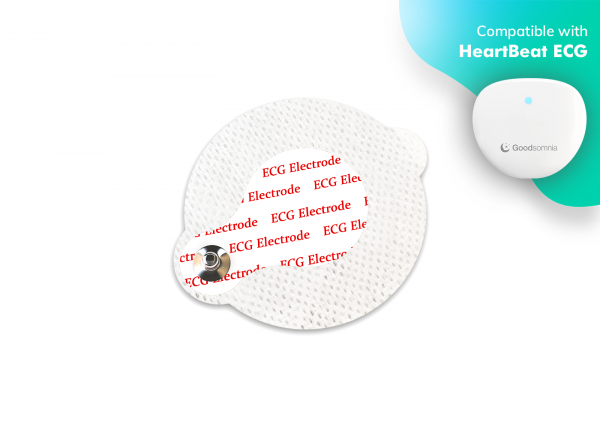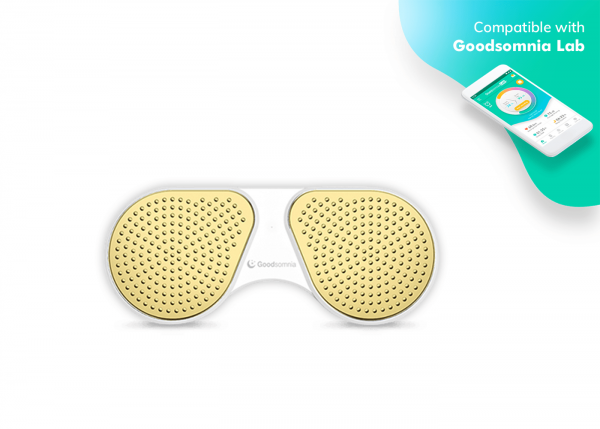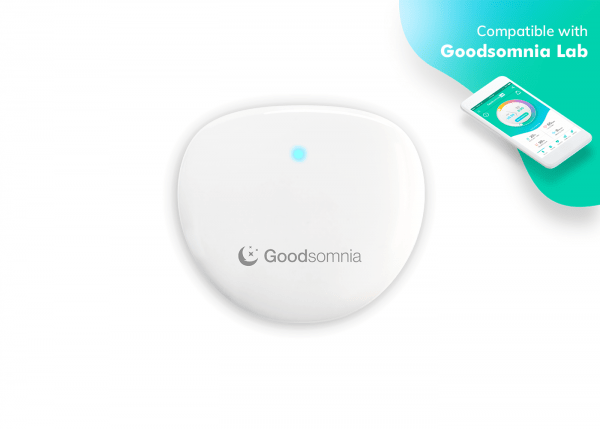The connection between sleep apnea and Alzheimer’s may not seem very obvious. However, it exists. To make the connection more vivid, let’s look closer at the essence of the two disorders.
Even if you don’t know much about Alzheimer’s, you’ll probably agree it’s something that develops in old age and causes memory loss. Old age is usually associated with poor memory and problems with sleep. The most common reasons for memory loss are lack of sleep, sedative drugs, alcohol abuse, and so on.
Memory issues are the main thing that makes Alzheimer’s and sleep problems dependent. Sleep apnea is worth special attention here because people often don’t realize experiencing this disorder and underestimate its outcomes.
Sleep apnea is a condition that can cause breathing to stop frequently during sleep. Snoring and constant tiredness are considered the main symptoms. Nothing unusual, some might say, and that’s what poses the most danger. The block of normal airflow during sleep can be very harmful to our brain, which is responsible for our ability to remember, concentrate and analyze.
That’s basically why Alzheimer’s and sleep apnea have a lot in common. A more detailed explanation of how sleep apnea affects memory can be found here.
Can sleep apnea cause Alzheimer’s?
It’s hard to figure out the causative link between sleep apnea and the risk of Alzheimer’s. However, some figures suggest the possibility is quite high. For example, people with AD tend to have sleep apnea five times more often than ones without it. Also, researchers show that normal night breathing can put memory loss on hold for up to 10 years.
Another research revealed participants with sleep apnea have a unique protein accumulated in their brains called amyloid, which is also formed during Alzheimer’s disease. Such biological patterns shed some light on the question: ‘Is poor sleep linked to Alzheimer’s?’
To decrease your worries around whether Alzheimer’s can stem from sleep apnea’ take care of your quality sleep:
- Observe a healthy sleep routine;
- Quit smoking, avoid alcohol and heavy meals;
- Monitor your sleep behavior by using Goodsomnia app, which records snore and measures key sleep indicators.
Quality sleep is the prerequisite for good memory. You can’t stop ageing, but you can improve your sleep.

